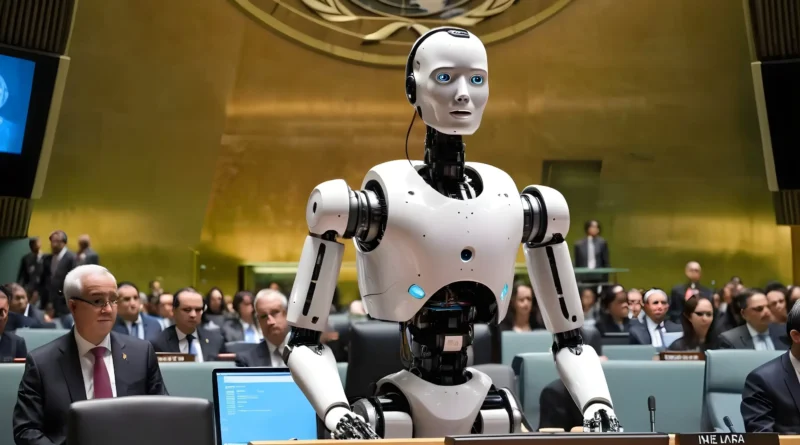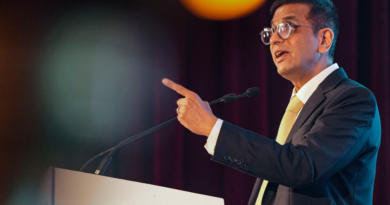UN Passes The First Global Resolution on Artificial Intelligence (AI)
On March 21, 2024, the United Nations General Assembly made history and passed the first global resolution on Artificial Intelligence (AI) without any opposition. This historic decision marks a turning point, setting a foundation for the ethical and responsible development of AI globally.
The resolution prioritizes building “safe, secure, and trustworthy” AI systems [UN News]. This means ensuring that human rights and fundamental freedoms are respected throughout the AI lifecycle, from the initial design stages to its final deployment. AI systems have the potential to revolutionize various aspects of our lives, but it is important to ensure that this progress does not come at the cost of our rights and freedoms.
The huge support for the resolution, co-sponsored by more than 120 UN member states, underscores the global commitment to promoting responsible AI governance. It marks a new era of international cooperation in AI research, development, and regulation. AI has immense potential, but nations must work together to minimize risks.
The resolution outlines several key areas that demand special attention when developing responsible AI:
Privacy and data security: The resolution focuses on the importance of protecting individual privacy and ensuring that strong data security measures are implemented throughout the AI development and deployment process [UN News].
Transparency and accountability: It is important to understand how AI systems arrive at their decisions. The proposal calls for increased transparency in AI algorithms to ensure accountability and prevent biased or unfair outcomes[UN News].
Addressing bias and discrimination: AI algorithms can perpetuate societal biases if not carefully designed and monitored. The resolution aims to reduce bias and discrimination in AI systems, promoting fairness and inclusivity in their development and application.[UN News].
Public awareness: It is important to increase public awareness about the potential benefits and risks of AI. The resolution encourages member states to educate their citizens about AI and promote informed public discussions [UN News].
It is important to note that the resolution is completely non-binding. However, it does establish an important global framework for responsible AI development. It sets out important ethical principles and paves the way for future rules to be implemented by individual countries [LinkedIn]. This resolution symbolizes a proactive approach to controlling AI and ensuring that it serves humanity positively and ethically.
This resolution is a promising step toward a future where AI development is guided by a shared vision of ethics and positive social impact. The hard work starts now, but with this global framework in place, the future of AI looks brighter than ever.
However, the journey is not over. The success of this resolution depends on continued international cooperation, strong national regulations, and ongoing public dialogue. We need to ensure that the public has a clear understanding of AI and its potential impact. Only then can we build a future where AI will serve as a tool for progress, not a source of fear or division.
Conclusions on the First Global Resolution on Artificial Intelligence (AI):
The UN’s first global resolution on AI marks a significant step towards a future where AI development is guided by ethics and international cooperation. By prioritizing “safe, secure, and trustworthy” AI systems, this resolution lays the groundwork for AI that benefits humanity while respecting human rights. The focus on transparency, fighting bias, and public awareness paves the way for responsible AI development that empowers citizens and fosters trust. While non-binding, this resolution sets a powerful precedent and signifies a global commitment to harnessing the immense potential of AI for good.




